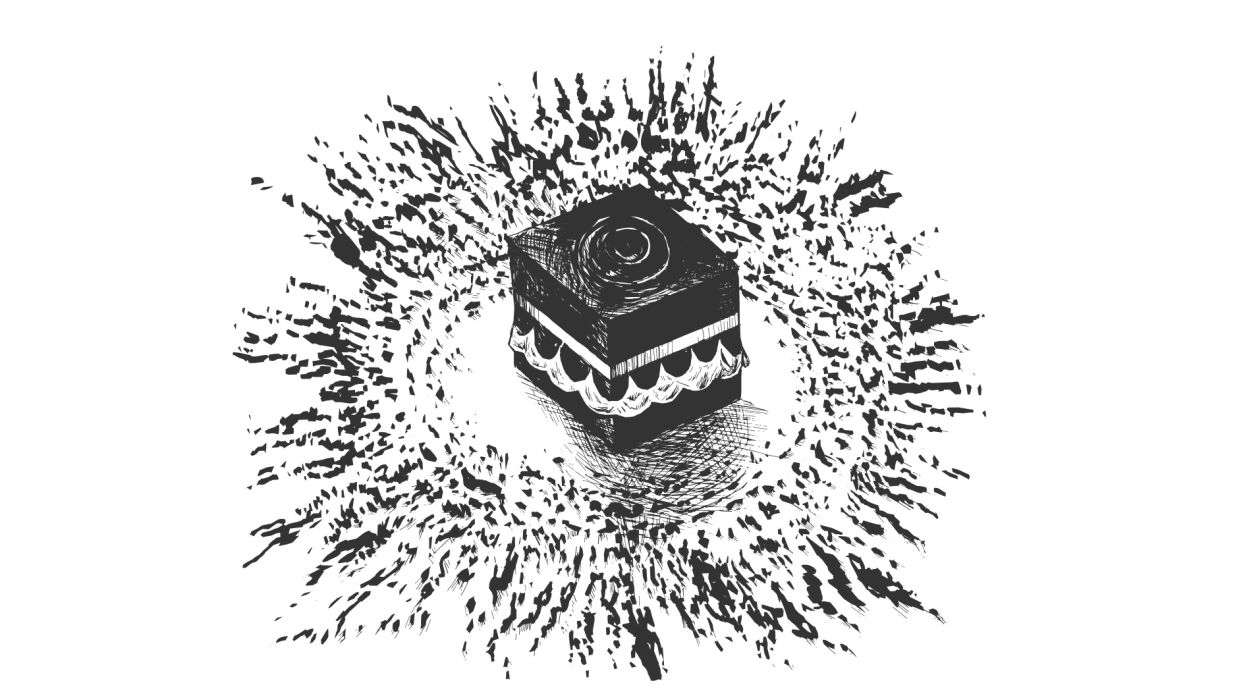The Shaykh praises Allāh (subḥānahu wa taʿāla) and sends blessings and prayers upon Prophet (ṣallallāhu ʿalayhi wa-sallam) and after that, he said that it is narrated by ibn ʿUmar (raḍī Allāhu ta’āla ʿʿʿanhu) that the Prophet (ṣallallāhu ʿalayhi wa-sallam) said,
‘Islām is built upon five; the Shahādah, to bear witness that there is none worthy of worship except Allāh (subḥānahu wa ta’āla), and that Muḥammad is his Messenger and to perfect and perform the prayers and to pay the Zakāt and to fast in Ramaḍān and make the Ḥajj.’
[Saḥīḥ Muslim]
[Saḥīḥ Muslim]
This ḥadīth is evidence that the greatest Pillar of Islām is tawḥīd, to single out Allāh in worship, and for this reason, he made the statement there is nothing worthy of worship except Allāh (subḥānahu wa ta’āla), and the Prophet (ṣallallāhu ʿalayhi wa-sallam) is His Slave and Messenger. Tawḥīd is the greatest of that which is obligatory upon us; it is the foundation of the religion. Know may Allāh bless you, that this dīn of Islām stands upon two firm origins; the first foundation is to call to Allāh (subhānahu wa ta’āla) alone – dā’wah to it, and to enforce that, and to love for it and to hate for it and to make takfīr of the one who leaves tawḥīd, and so the second foundation is the prohibition of making shirk or ascribing partners to Allāh , and to be harsh upon those who do, and to hate that shirk and to make takfīr of the one who does it; and this is the reason for which Allāh sent all of the Prophets and Messengers with, from Nūḥ all the way up to Muḥammad, upon all of them. Allāh (subḥānahu wa ta’āla), said,
‘And we did not send and Messenger before you (O Muḥammad ṣallallāhu ʿalayhi wa-sallam) but we revealed to him (saying): Lā ilāha illa Ana [none has the right to be worshipped but I (Allāh)], so worship Me [alone and none else]’
[Anbiyyāh: 25]
[Anbiyyāh: 25]
And He said,
‘We have sent to every nation a Messenger saying ‘Worship Allāh alone and beware of tāghūt, (the false deities)’
[An-Naḥl: 36]
[An-Naḥl: 36]
The Prophet also said in an authentic ḥadīth,
‘Verily we, that is the anbiyyāh we are the children of different mothers, our dīn is one however our mothers are different.’
[Ṣaḥīḥ Bukhārī]
[Ṣaḥīḥ Bukhārī]
So that which has preceded from those āyāt and that ḥadīth is an evidence for that which we are about to say. Firstly; the dīn that Allāh (subḥānahu wa taʿāla) sent the Prophets with, is al-Islām. Secondly that we have to purify our intentions in the dīn for Allāh alone; and know my dear children, that every ʿībādah every act of worship has to fulfil two conditions, the first condition, is that you make the ikhlās for Allāh alone, the second that you follow the Prophet (ṣallallāhu ʿalayhi wa-sallam) alone; so if one of these conditions is lost, it is not present, then the ‘ībādah is not accepted.
Also in the ḥadīth of ibn ʿUmar that has preceded there is in it the evidence that Ḥajj is the fifth pillar of Islām, and so from here it is a must and it is a necessity that we make clear that which is upon a Muslim as it relates to his Ḥajj. Firstly, he must have purity of intentions with Allāh as it relates to these Ḥajj rights; second thing is that he must follow the Sunnah of the Prophet (ṣallallāhu ʿalayhi wa-sallam). The third thing is that he must fulfil all of the pillars, and that which is obligatory upon him in that act completely and perfectly. So if only one pillar from the pillars of Ḥajj is incomplete then his whole Ḥajj, therefore, is invalid. So likewise if he does not fulfil the things that are obligatory upon him in the Ḥajj then he has to make that up by making a sacrifice. The fourth thing is that he must stay far away from all types of disobedience, Allāh (subḥānahu wa ta’āla) said,
‘The Ḥajj (pilgrimage) is (in) the well-known (lunar year) months (i.e. the 10th month, the 11th month and the first ten days of the 12th month of the Islamic calendar, i.e. two months and ten days). So whosoever intends to perform Ḥajj therein (by assuming Ihrām), then he should not have sexual relations (with his wife), nor commit sin, nor dispute unjustly during the Ḥajj. And whatever good you do, (be sure) Allāh knows it. And take a provision (with you) for the journey, but the best provision is al-Taqwá (piety, righteousness). So fear Me, O men of understanding!
What is obligatory upon the Muslim is to stay away from sins all of the time, and especially during the Ḥajj; it is upon us to stay away from backbiting and tale carrying, cursing people and speaking bad about them and bearing witness to something that you did not see. It is upon the pilgrim to make himself busy with obedience to Allāh (subḥānahu wa ta’āla).
The Shaykh (ḥafidhahullāhu taʿāla) then proceeded to outline briefly the rights of Ḥajj that are upon the pilgrim, followed by a Q&A session.













